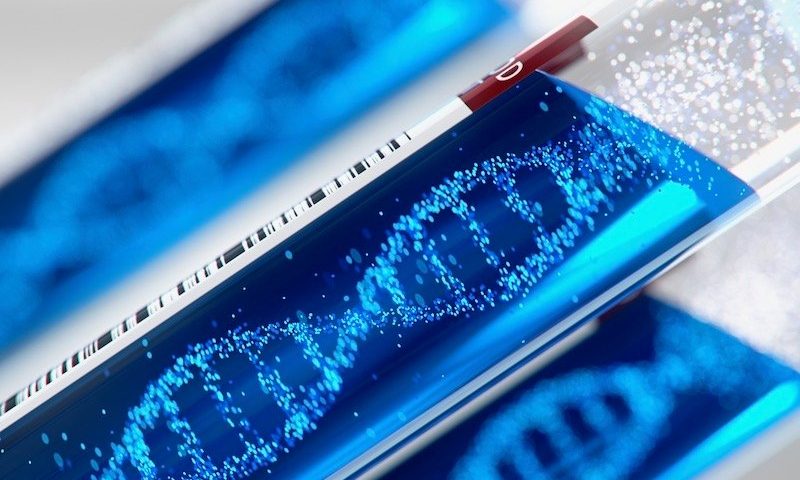Three years after receiving a gene therapy from Orchard Therapeutics in an early-stage clinical trial, 100% of patients with an inherited disease that damages the immune system were still alive.
Data from a study that used Orchard’s gene therapy OTL-101 to treat adenosine deaminase severe combined immunodeficiency (ADA-SCID) were published in The New England Journal of Medicine today. The journal debut represents the largest published dataset of gene therapy data from patients with a monogenic condition, or a condition that was inherited from just one gene.
The data come after the pandemic forced Orchard to delay its plans to submit a rolling approval application with the FDA in the first half of this year. OTL-101 does have the agency’s breakthrough therapy and rare pediatric disease tags. The company has two European approvals for other products, but hasn’t managed to win an FDA nod for any of its candidates yet—a fact that has analysts pressuring the company for answers.
Patients with ADA-SCID essentially lack an effective immune system, leaving them vulnerable to bacteria, viruses and fungi that typically would not make the average person sick. The disease is rare, but can be life threatening for patients and cause repeated, serious infections and illnesses. Children typically die by age 2 without treatment.
The study treated 50 ADA-SCID patients with an investigational gene therapy meant to encode the ADA gene. At two and three years, 100% of patients were alive, and 95% survived without needing to resume prior treatment. The data came from three phase 1/2 studies conducted in the U.S. and U.K. and through a compassionate use program in the U.K. thirty of the U.S. patients received Orchard’s OTL-101. The study featuring Orchard’s therapy was sponsored by the company, the National Institute of Allergy and Infectious Diseases and others.
All of the patients experienced adverse events, but Orchard described them as mostly mild or moderate. Four patients did, however, experience immune reconstitution inflammatory syndrome, a serious complication that can occur when the body recovers from treatment with antiretroviral drugs. The condition flared up in patients between three months and 22 months after receiving the gene therapy. Orchard said the complications were considered unrelated to the gene therapy, and the patients were treated successfully with supportive therapy.
One of the study’s authors, Donald Kohn, M.D., called the data from the one-time gene therapy treatments “compelling.” No instances of graft vs. host disease were reported, a complication that can occur after transplantation of bone marrow or stem cells. Most patient were able to discontinue immunoglobulin replacement therapy over time, which Kohn said suggests the gene therapy could be a potential treatment for ADA-SCID. Kohn is the distinguished professor of Microbiology, Immunology & Molecular Genetics and Pediatrics at the University of California, Los Angeles.
“With sustained engraftment of up to three years, these data show the potential of HSC gene therapy to correct the underlying genetic cause of ADA-SCID, delivering positive outcomes in a single treatment,” said Bobby Gaspar, M.D., Ph.D., CEO of Orchard Therapeutics.
Orchard has two products approved in the EU: Strimvelis for ADA-SCID patients who are ineligible for stem cell transplant and Libmeldy for a metabolic disorder called metachromatic leukodystrophy. The company’s gene therapies all use lentiviral vectors, which are designed to avoid possible dangerous mutations in the cells following treatment.
Strimvelis made headlines though in November when the treatment was linked to a case of leukemia found in a patient who had received the gene therapy. The complication is a known side effect flagged by EU regulators when Strimvelis was approved.
The therapy was developed by GlaxoSmithKline and bought by Orchard in 2018. It works by editing the patients’ own hematopoietic stem cells with the functional ADA gene. The cells are then transferred back into the patient’s bone marrow to mature and produce the normal ADA protein.
FDA approval has so far evaded Orchard, although the agency has accepted a request to run a trial for Libmeldy and granted it a regenerative medicine advanced therapy designation. Investors have peppered Orchard executives with questions during recent earnings calls on when the FDA might give a nod to any one of the company’s therapies.

